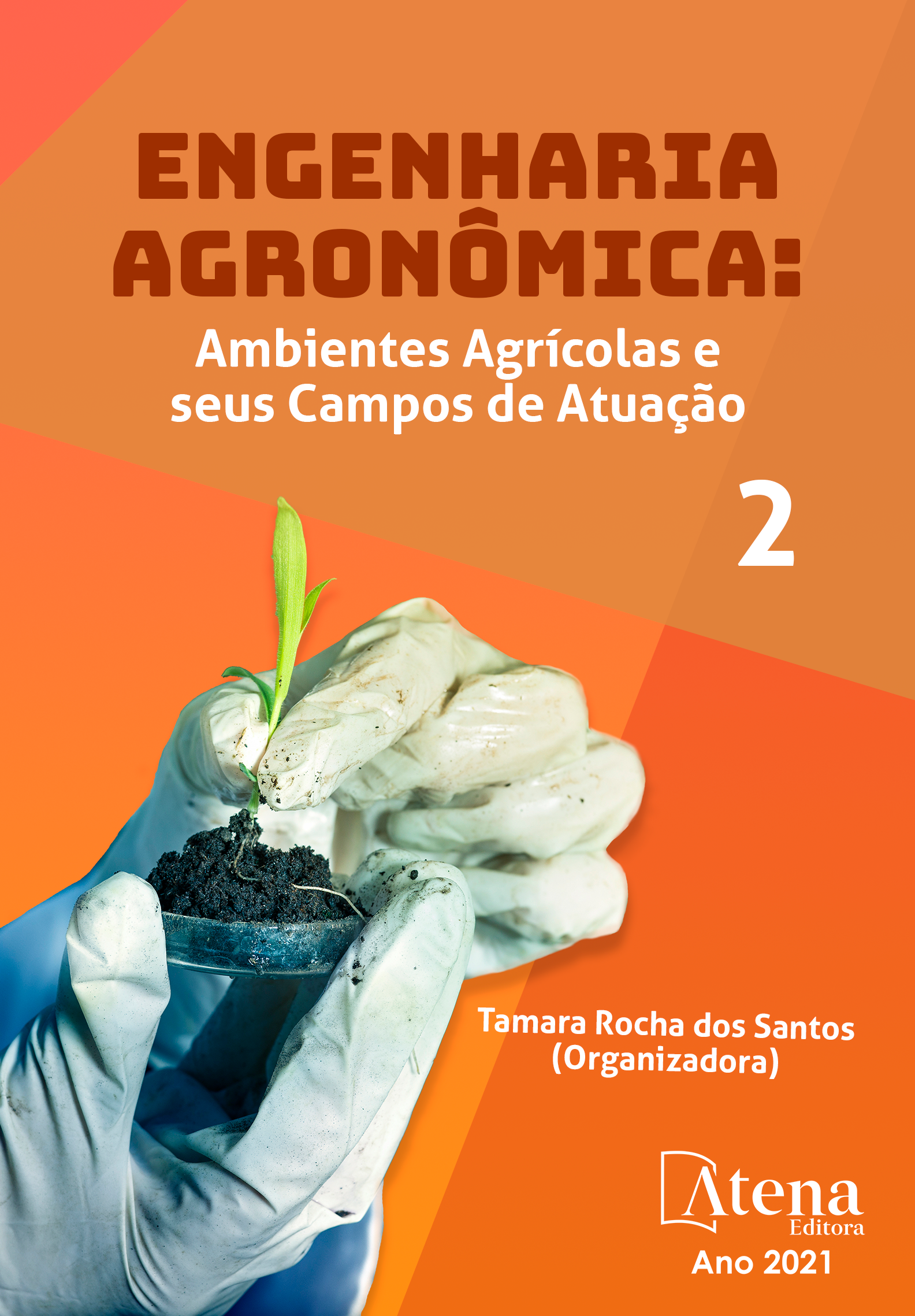
AVALIAÇÃO DA EFICÁCIA DE UM PREBIÓTICO NO DESEMPENHO DE LEITÕES DESMAMADOS
O objetivo deste trabalho foi avaliar o desempenho e a saúde intestinal de leitões desmamados submetidos ao uso de um aditivo prebiótico durante a fase de maternidade, bem como suas repercussões na ocorrência e na intensidade das diarreias. Os tratamentos experimentais corresponderam a: T1 - Controle positivo (Gamaxine®); T2 - Controle negativo. Foram utilizadas 86 leitegadas oriundas de matrizes entre a primeira e sexta parição, de forma equilibrada entre os tratamentos totalizando 1056 leitões. O desmame foi realizado aos com 24 dias de idade média. Foram avaliados o percentual de incidência de diarreia, peso médio ao nascimento e desmame (individual e da leitegada com a respectiva média), índice de mortalidade e número de leitões medicados para diarreia. Os tratamentos 1 e 2 apresentaram uma taxa de mortalidade na maternidade de 7,8% e 10,69%, respectivamente, sendo uma significativa diferença. A menor mortalidade em T1 (Gamaxine®) resultou num maior número de leitões desmamados neste tratamento. Assim, os leitões tratados com o aditivo prebiótico neste experimento apresentaram uma leitegada mais pesada ao desmame, sendo 65,37 kg para T1 e 64,77 kg para T2 (p=0,05). O Tratamento 1 (Gamaxine®) teve menor incidência de diarreias e menor porcentual de refugos. O desempenho dos leitões tratados com o aditivo prebiótico na maternidade foi significativamente superior aos leitões do grupo controle, o que torna o uso destes produtos alternativos uma alternativa interessante na suinocultura atual.
AVALIAÇÃO DA EFICÁCIA DE UM PREBIÓTICO NO DESEMPENHO DE LEITÕES DESMAMADOS
-
DOI: 10.22533/at.ed.4592104057
-
Palavras-chave: Desempenho de leitões desmamados, substituição de antimicrobianos, uso de aditivos na suinocultura, prebióticos em suínos, Bacillus subtilis.
-
Keywords: Performance of weaned piglets, replacement of antimicrobials, use of additives in swine, prebiotics in pigs, Bacillus subtilis.
-
Abstract:
The objective of this study was to evaluate the performance and intestinal health of weaned piglets submitted to the use of a prebiotic additive during the maternity phase, as well as its repercussions on the occurrence and intensity of diarrhea. The experimental treatments corresponded to: T1 - Positive control (Gamaxine®); T2 - Negative control. 86 litters from breeding stock between the first and sixth sows were used, in a balanced way between treatments, totaling 1056 piglets. Weaning was performed at 24 days of age. The percentage of diarrhea incidence, mean weight at birth and weaning (individual and litter with the respective mean), mortality rate and number of piglets medicated for diarrhea were evaluated. Treatments 1 and 2 had a maternity mortality rate of 7.8% and 10.69%, respectively, with a significant difference. The lower mortality in T1 (Gamaxine®) resulted in a greater number of piglets weaned in this treatment. Thus, piglets treated with the prebiotic additive in this experiment had a heavier litter at weaning, with 65.37 kg for T1 and 64.77 kg for T2 (p = 0.05). Treatment 1 (Gamaxine®) had a lower incidence of diarrhea and a lower percentage of weak piglets. The performance of piglets treated with the prebiotic additive in the maternity unit was significantly superior to piglets in the control group, which makes the use of these alternative products an interesting alternative in current pig farming.
-
Número de páginas: 10
- Fabrizzio Matté
- Lucas Piroca
- Thalita Malta
- Eduardo Miotto Ternus


